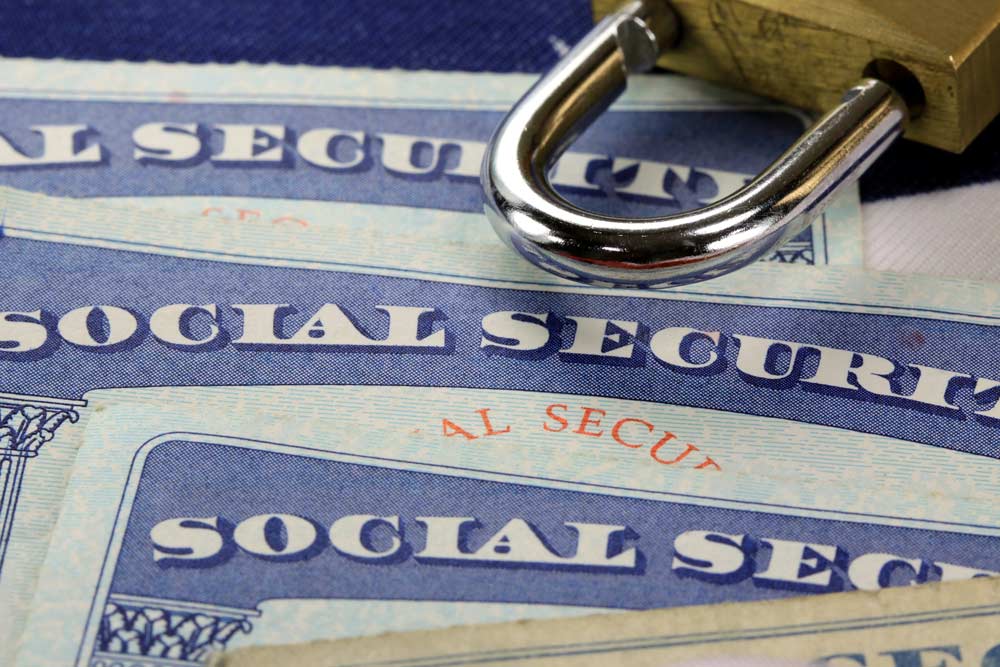In our uber-connected world, pressing a button on the steering wheel to make a phone call is already second nature for many of us. With just a few taps, we can pull up our favorite playlist, read recent emails and even send a text message. Using our cars like a phone and storing information in data systems is incredibly convenient! And it helps us safely drive while using the phone hands-free, too.
Convenient though it may be, security experts are warning that syncing your phone to your car can put you at severe risk for a data breach. Connecting a rental car or a rideshare vehicle to your phone poses an even greater security risk.
Keep your information safe and avoid getting hacked by educating yourself about this oft-overlooked risk. Here’s what you need to know about the dangers of syncing your phone to your car.
The sensitive information stored in your phone—and your car
When you connect your phone to your car, you’re using your vehicle to store loads of information that’s frighteningly easy to access.
Would you ever leave your wallet on the passenger seat of your car in a crowded neighborhood and then leave the doors unlocked? By storing your personal information in your car, you’re essentially doing just that. A hacker can easily scrape data from your car, even if your phone is nowhere in sight. All they need to do is connect their own phone to your car’s Bluetooth system and they’re in!
This is especially alarming when you consider the excessive amount of sensitive data most people store in their phones without thinking much of it. Here is some of the information a hacker can access via a synced car:
- Recent call log
- Recent text messages
- Garage door opener code
- Personal calendar
- List of contacts
- Recent emails
- GPS data that includes your home address
Use extra caution when renting a car
If syncing your own vehicle to your phone poses a security risk, that risk increases tenfold when using a rental car.
According to a report from Privacy International, most major rental-car companies have no policies to delete sensitive information that is collected during a rental once a user returns the car. You may have experienced this yourself if you’ve ever picked up a rental and find that the device information of the last 10 renters was still stored in the vehicle. That means, if you were to sync your own phone, the next renter would have your information at their fingertips.
It’s fun to have your own music blasting through your ride, and it’s convenient to sync your stored addresses to the car’s GPS system. But no fun or convenience is worth the risk this move can pose to your privacy and safety.
When you leave your personal information in a rental car, you run the risk of the next renter using your information to access your financial accounts, rob your home, or even steal your identity. And don’t make the mistake of thinking that your name and navigation history are not enough for a criminal to do much harm. Once they have this bit of information, they can hack into your social media profiles and crack open your passwords and usernames all over the internet. There are loads of creeps just waiting for the opportunity to act—don’t put yourself at risk!
You can delete your device’s information from the car you rent, but that can also be scraped by a low-level hacker. To be completely safe, it’s best not to sync your phone when renting a car at all.
If you frequently use rideshare programs, like Uber and Lyft, your driver might generously allow you to sync your phone to the car’s infotainment system so you can listen to your favorite song while waiting for the traffic to clear. This, too, can put your information at risk. If a driver ever makes this offer, pull out a pair of earbuds and tell the driver no thanks.
How to protect yourself
You don’t need to give up the convenience of a synced phone in order to protect your privacy. Simply follow these precautions and your information should be safe.
- Never sync your phone with a rental vehicle or a ride-share car.
- Don’t plug into USB ports in rental cars.
- Delete any personal information already stored in your vehicle.
- Adjust your phone’s settings to the strongest security levels..
- Restrict the amount of information your vehicle can access and don’t allow it to store or access information without re-syncing to your phone.
Don’t let convenience put you at risk! Exercise caution and protect your privacy when syncing your phone to your car.



